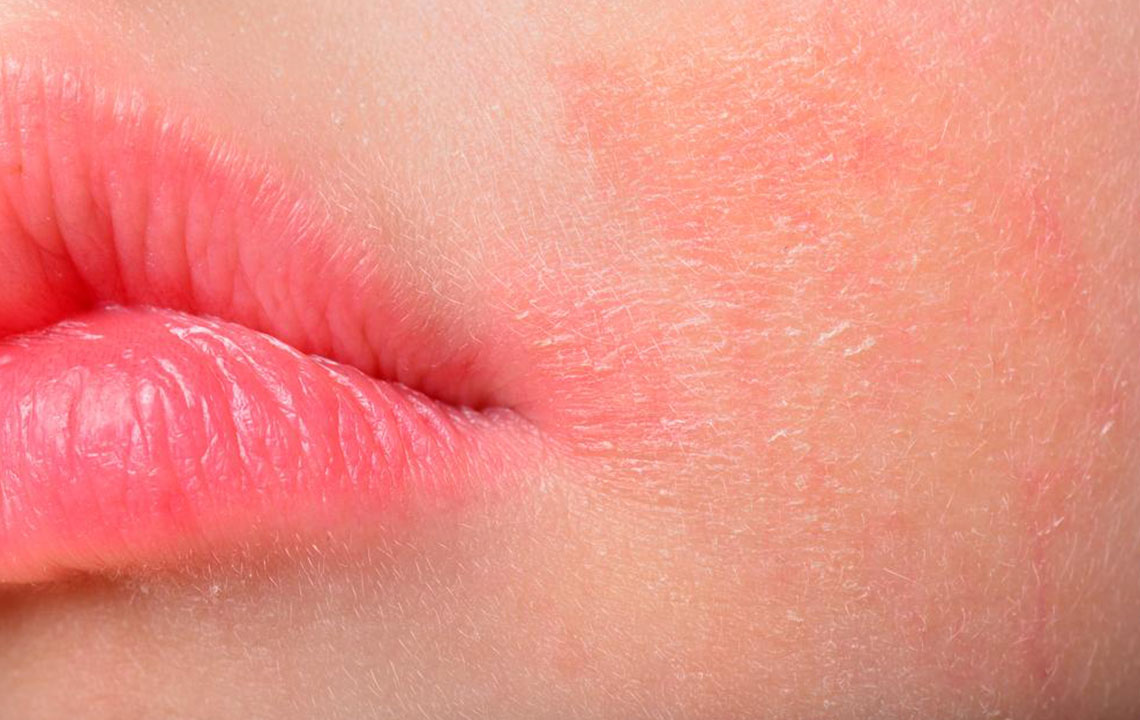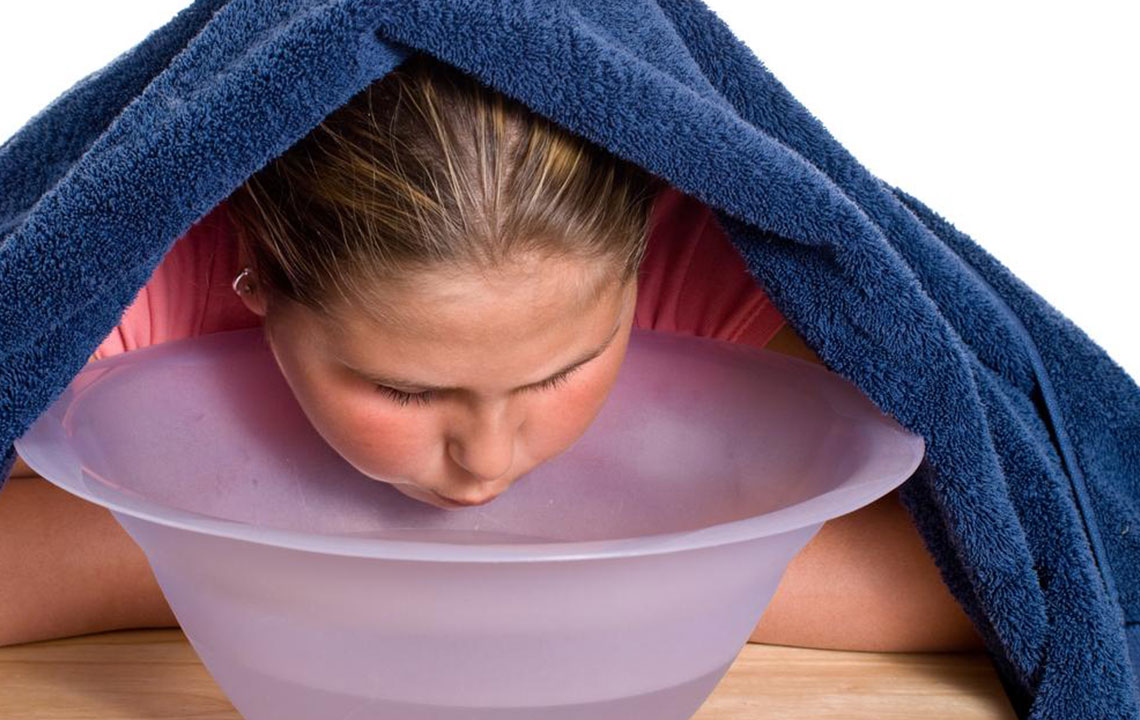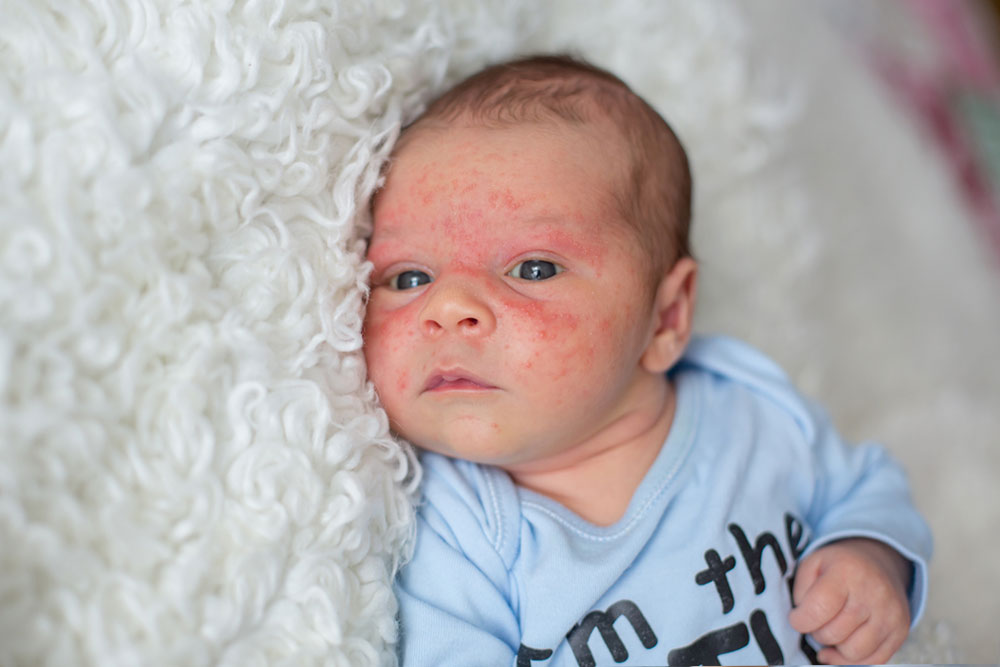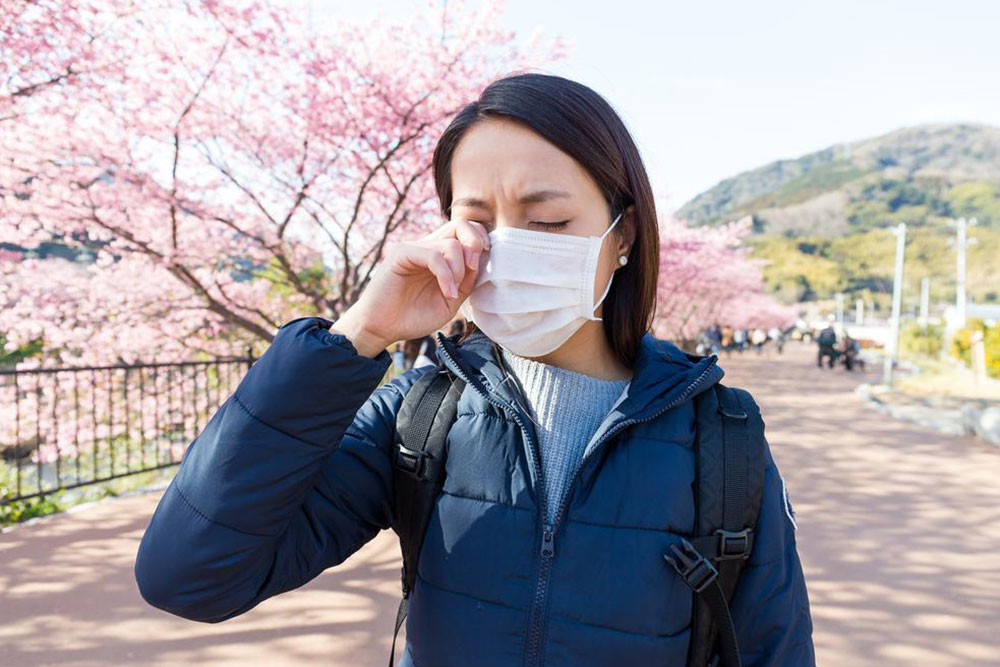Effective Strategies and Treatments for Infant Eczema Relief
This comprehensive guide offers effective strategies for managing infant eczema through proper skincare, treatment options, and preventive measures. It highlights the importance of gentle products, correct medication use, and environmental control to alleviate symptoms and improve your baby's comfort. Consult healthcare professionals for personalized care to ensure healthy skin development and reduce flare-ups.
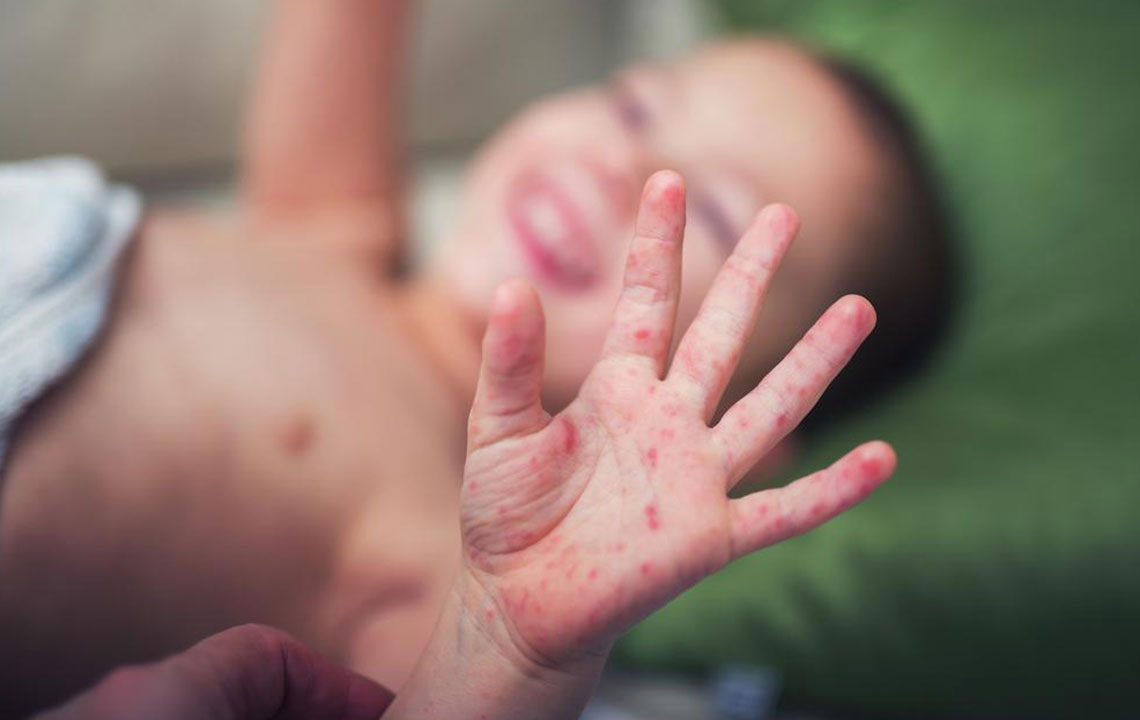
Effective Strategies and Treatments for Infant Eczema Relief
Eczema is a frustrating skin condition characterized by itchiness and dryness, especially common in infants. Children with eczema often have a genetic predisposition linked to other allergic conditions such as hay fever and asthma.
In infants, eczema typically appears on the face, neck, elbows, and behind the knees. When flare-ups occur, the skin may become inflamed, ooze fluid, or bleed, signaling a compromised skin barrier.
This weakened barrier increases vulnerability to infections and allergens, potentially leading to additional skin issues like allergic reactions. Symptoms can disrupt sleep and cause discomfort for babies.
Causes and Risk Factors of Infant Eczema
The exact cause of infant eczema isn't fully understood, but triggers include chemical irritants in soaps, shampoos, and lotions. Genetics also play a significant role, especially if there's a family history of allergies or eczema. Flare-ups can lead to inflammation, irritation, and infection. Using gentle, natural skincare products can help soothe the skin and reduce outbreaks. Additionally, eczema may disturb your baby's sleep and overall comfort.
Managing Infant Eczema Effectively
Topical treatments like emollient lotions are essential, with mild steroid creams prescribed by healthcare providers for short-term relief. For milder cases, home remedies such as moisturizing frequently and avoiding irritants may suffice. Severe cases, especially with bleeding or signs of infection, require professional medical attention. It's advisable to avoid creams containing harsh chemicals or irritants. Prescription steroid creams, like those containing hydrocortisone, are safe when used responsibly under medical guidance. Overuse can thin the skin, so follow your doctor’s instructions carefully.
Regularly applying emollients and giving lukewarm baths can significantly improve skin hydration. Wrapping affected areas with damp dressings soaked in moisturizing creams, followed by dry bandages, can also enhance healing. Maintaining a cool, humid environment and avoiding dry air can prevent flare-ups.
Preventive Measures for Infant Eczema
Breastfeed your baby for at least 4 to 6 months to boost immunity.
Minimize or eliminate cow's milk from the diet if recommended by a pediatrician.
Consult your healthcare provider to identify and avoid potential dietary and environmental triggers.
Incorporate probiotic-rich foods like yogurt or supplements to help strengthen skin immunity.
Dress your baby in light, breathable cotton clothing and ensure bedding remains cool and clean.
Keep nails trimmed to prevent scratching and skin injury.
If eczema tends to run in your family, proactive care including diet adjustments and proper skincare, along with prescribed creams, can help maintain healthy skin. Creating a hygienic, comfortable environment is vital for relief and symptom management.
Important Notice:
The information provided here offers general guidance based on current research. Always consult a healthcare professional for personalized advice and treatment. The site is not responsible for variations or inaccuracies. Stay informed and seek medical advice for persistent or severe symptoms.

